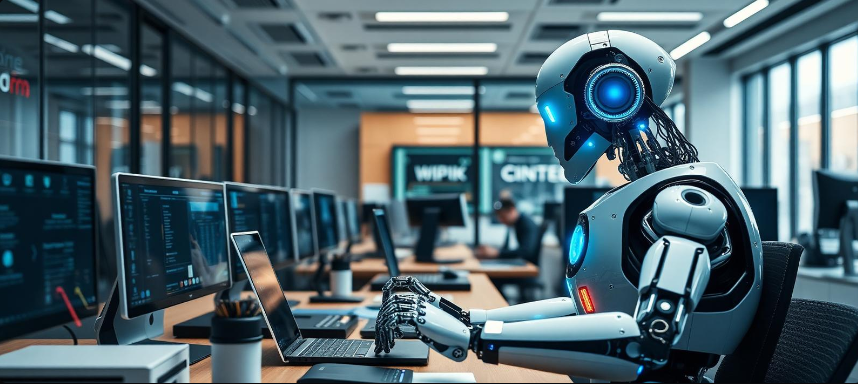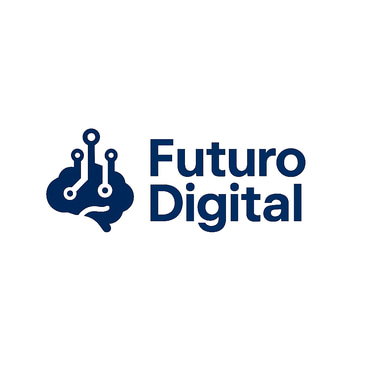Artificial Intelligence in the Workplace: The Future Has Arrived
From automation to human augmentation, Artificial Intelligence is reshaping work, creating opportunities, and redefining professions for the new digital era.
9/10/20252 min read


The Silent Revolution
Artificial intelligence is no longer a distant promise — it is a present reality that is fundamentally reshaping the professional landscape. From automating repetitive tasks to augmenting human capabilities, AI is creating a new work paradigm.
This transformation is not limited to the tech sector. From medicine to agriculture, law to education, every industry is feeling the impact of this digital revolution.
Key Areas of Impact
Process Automation
Repetitive, rule-based tasks are being automated, freeing workers to focus on more creative and strategic activities.
Human Augmentation
AI enhances human capabilities by providing insights, recommendations, and tools that improve decision-making.
Sector Transformations
Healthcare and Medicine
AI-assisted diagnostics, accelerated drug discovery, and personalized treatments based on genetic data.
Impact: Radiologists work with AI for early cancer detection.
Education
Personalized teaching, automated assessment, and educational content tailored to each student’s pace.
Impact: Teachers focus more on guidance and less on information delivery.
Financial Services
Real-time fraud detection, automated risk analysis, and personalized financial advice.
Impact: Financial advisors concentrate on relationships and strategy.
Human Resources
Smart recruitment, performance analysis, and employee turnover prediction.
Impact: HR professionals focus more on human development.
Skills for the Future
Digital and AI Literacy
Understanding how to work with AI systems, interpret algorithmic results, and recognize technological limitations.
Critical Thinking
Ability to question, analyze, and validate information provided by automated systems.
Creativity and Innovation
Unique human skills that complement AI’s analytical capabilities.
Emotional Intelligence
Interpersonal skills, empathy, and communication that remain fundamentally human.
Challenges and Concerns
Displacement vs. Augmentation
While some roles may be automated, the central question is which jobs will be replaced versus augmented by AI.
Studies suggest that professions requiring creativity, emotional intelligence, and complex thinking are more resistant to automation.
Preparing for the Future
Successful adaptation to this new era requires a proactive approach. Organizations must invest in reskilling their workforce, while individuals should embrace lifelong learning.
The future of work will not be defined by competition between humans and machines, but by effective collaboration between the two. Those who learn to work harmoniously with AI systems will gain a significant competitive edge.
Conclusion: A Transformation Opportunity
The integration of AI into the workplace represents one of the greatest transformations in the history of human labor. While it brings challenges, it also offers unprecedented opportunities to eliminate tedious tasks and focus on what truly distinguishes us as humans.
Success in this new era will depend on our ability to adapt, learn continuously, and collaborate effectively with intelligent systems. The future of work is promising for those willing to evolve.
